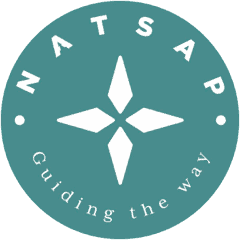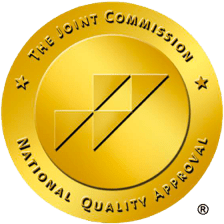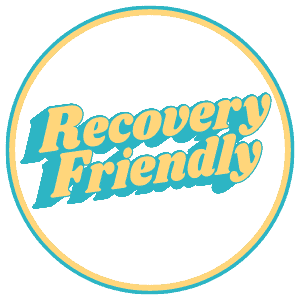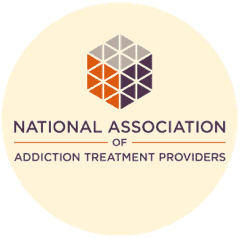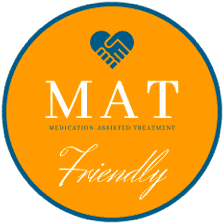How to create recovery-friendly holiday gatherings
It’s that time of year again when from Thanksgiving through New Year’s Eve, there are no shortage of holiday celebrations, work parties, family gatherings, and countless other forms of merrymaking – many of which encourage overindulging in food and alcohol. This makes the “merriest time of year” especially challenging for those in early recovery.
This is also one of the most stressful times of year as many of us feel pressured to spend more time and money on others. Those of us who are in early recovery can experience additional stress and guilt when spending time with family members or friends who we have harmed during our active addiction or who are still using substances. Often those in early recovery are focused on rebuilding their lives and creating financial stability and have little left over for gift giving or travel, which can be another source of stress and guilt.
If you want to create recovery-friendly holiday gatherings, recognizing this is an especially vulnerable time is a good start. Planning for it is the next step. Here are some tips that can help:
Out with the Old—If a recovering family member will be staying overnight with you, make sure their room is free of triggers before they arrive. Check drawers, clothing, and bathrooms for substances and paraphernalia. Safely dispose of any items you find.
Prioritize Recovery—Make sure 12-step support is part of your holiday planning. Narcotics Anonymous and Alcoholics Anonymous meetings are available 7 days a week in person and online, and sponsors are just a phone call away. Set a clear expectation around daily 12-step work.
Plan New Traditions—Routines and schedules are especially helpful for those in early recovery. You can create healthy traditions by planning your days together in advance. Be sure to include a mix of chores, making meals, games, movies, holiday hikes, or sightseeing. Plan to have fun.
Maintain Healthy Habits— It can be tempting to skip your workout or eat your way through the holidays, but maintaining healthy habits will help you enjoy the holidays more. Be sure to get enough sleep, eat a balanced diet, exercise regularly, and take time to do things that bring you joy.
Avoid Arguments—Do take a vacation from family arguments. Holiday gatherings can be stressful enough without rehashing unresolved family issues. Indulging them can be triggering for everyone. This year, give each other the gift of grace and focus on what brings you together.
Plan Your Exit Strategy—Have a Plan B for potentially stressful situations that could jeopardize recovery. Be prepared to change the subject, excuse yourself to go to the bathroom or take a nap, step out to take an important call, or go home early to check on a friend. Take care of yourself.
Check Your Guilt—If you care for someone in recovery, consider the three Cs: you didn’t cause it, you can’t cure it, and you can’t control it. But you can support recovery by recognizing your loved one’s capacity to live a successful and independent life. Operate from this understanding, not guilt.
If you or someone you know needs more help finding or maintaining recovery this holiday season, Next Step Recovery is here to help. Feel free to email us at susan@nextsteprecovery.com or call 828-293-4756 to learn more about our intensive outpatient program and optional transitional living community for men.



